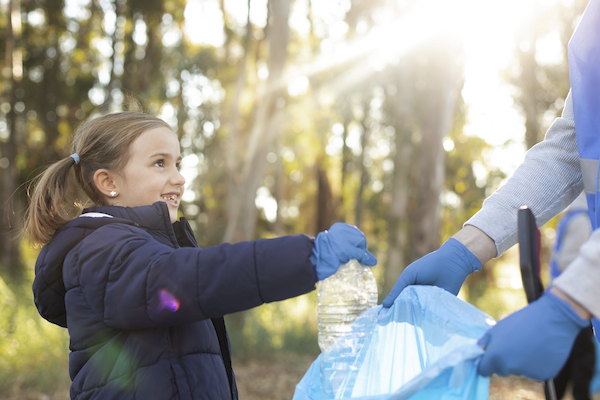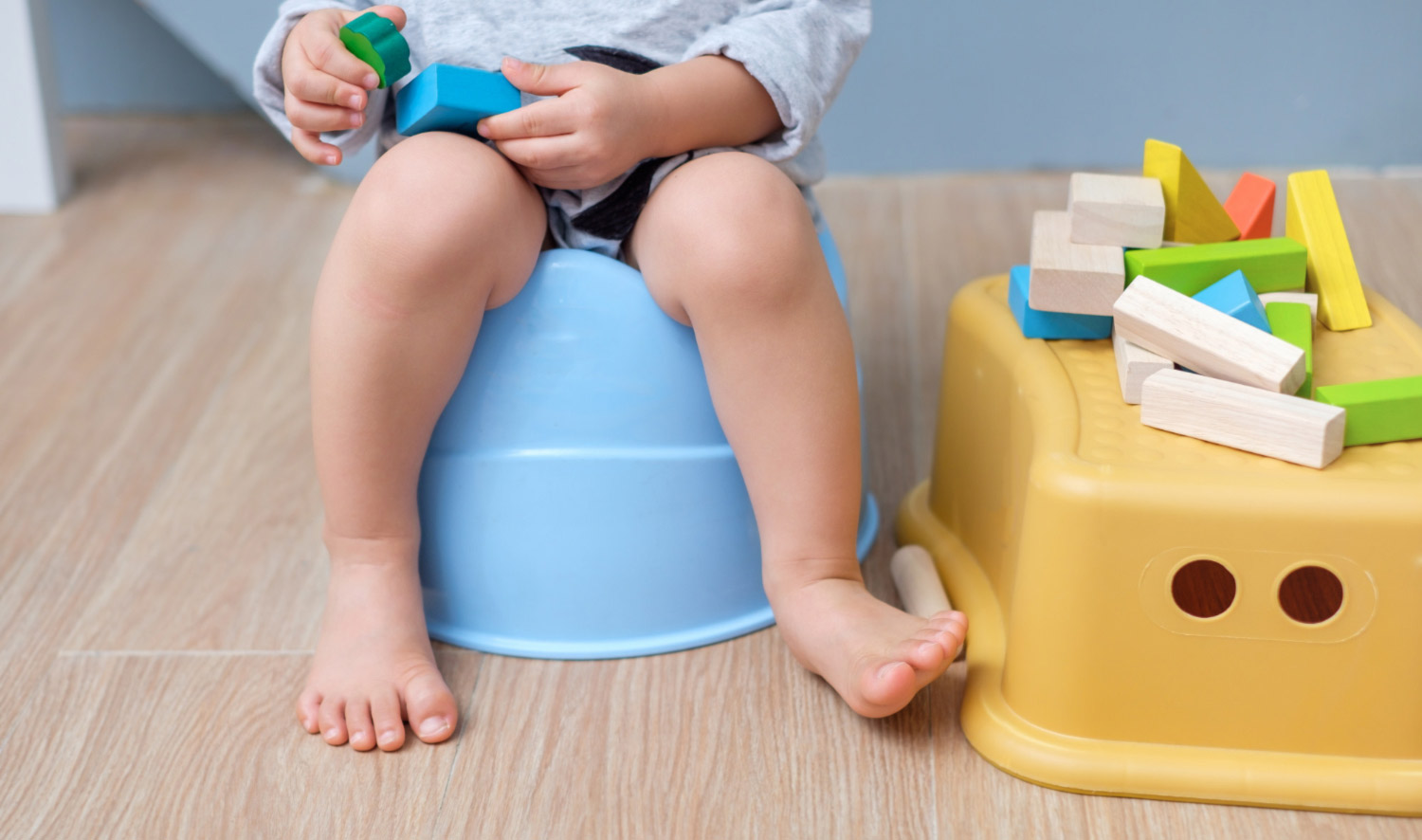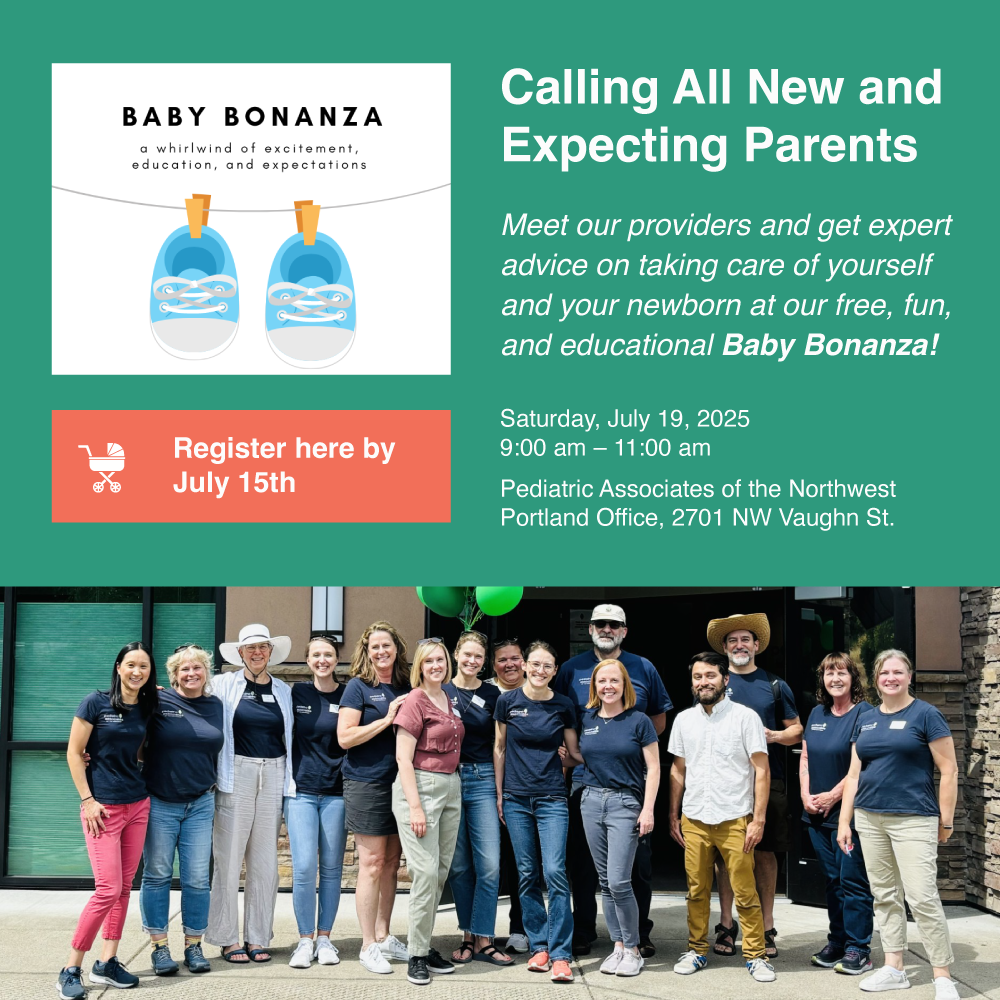As we head into a season focusing on gratitude, it’s worth paying attention to the lessons we teach our children about thankfulness. What does it mean to be thankful in a genuine way?
5 Things You Can Do To Teach Children About Gratitude
From a big-picture perspective, living in a thankful world means living in a more kind world. However, as pediatric healthcare providers, we also know about statistics around gratitude and health.
That’s right! There are proven correlations between people who feel and express gratitude and overall health and well-being. According to the Mayo Health Clinic:
Expressing gratitude is associated with a host of mental and physical benefits. Studies have shown that feeling thankful can improve sleep, mood, and immunity. Gratitude can also decrease depression, anxiety, difficulties with chronic pain, and the risk of disease.
There are multiple reasons why this is true. One of the most significant is that the mental/emotional interpretation and feelings of thankfulness release oxytocin – known as “the love hormone.” This is the same hormone released in mothers and babies when skin-to-skin or breastfeeding. When you feel grateful, oxytocin bursts help you feel more connected to the world and people around you, creating even more oxytocin.
So, the very act of being grateful and expressing thanks alters your biology in positive ways. Here are five ideas to teach your kids to be and express thankfulness every day.
1. Say “Please” and “Thank You”
As our parents and grandparents taught us, make it a habit to say please and thank you. The habitual practice of saying “Thank you” when receiving something, being offered a helping hand, or eating a nourishing meal sets a foundation for daily gratitude.
If you have little ones, we recommend reading the book The Polite Elephant by Richard Scarrys. You can also check it out at your local library. In addition to teaching the basics of “Please” and “Thank You,” the polite elephant’s mother teaches them how to be a polite host and house guest during play dates, as well as public etiquette tips. It’s a delightful way to reinforce courtesy, kindness, and thanks.
2. Express your gratitude for them
Imagine what it feels like as a child when an adult you love looks right into your eyes and says, “I’m so grateful for you,” and follows that up with a big hug or cuddle. Hopefully, your family says, “I love you,” every day – but sometimes those words are said with the same energetic nothingness as “hi” and “goodbye.”
Start finding more ways to intentionally appreciate who your children are and what they do. You can start by saying things like:
● I feel so lucky to be your (mom/dad/aunt/grandpa/neighbor/aunty/etc.).
● Thank you so much for taking a walk with me today, helping me with the groceries, not arguing when I asked you to do something while watching TV, etc.
● I am so thankful you’re my (daughter, son, niece, nephew, etc.).
In addition to honoring the spirit of a child, you’re modeling how to appreciate those who love us, are our friends, or who support us in our community.
3. Start a gratitude journal together
If you want to buy a fancy journal, that’s fine. However, we recommend making your own using scratch paper or decorating the cover of a good old-fashioned spiral binder. Keep a gratitude journal and think of three new things to add daily.
Some days are much more challenging than others, and those hard days often matter the most. When you or your child have an unbearable day, you may give thanks for turning a faucet on for freshwater or having a bed or mattress to sleep on. Those “little things” become essential reminders about how lucky we are, even amidst the tough stuff.
4. Volunteer in the community
Caring for others is a part of our DNA, and it’s a constant reminder of the beauty of human connection and the importance of community kindness. It’s never too young to volunteer or participate in volunteer efforts. We’ve never met a single volunteer who wasn’t full of gratitude during and after giving back to others.
There are so many ways you can help someone who needs it:
● Bring homemade food to an elderly neighbor once in a while and sit for a visit
● Pick up the trash that fell out of the neighbor’s bins when the trash collector came
● Clear out gently used clothes, toys, and books and explain how they can help a child who doesn’t have those things.
● Volunteer to walk pets or pet animals at the animal shelter
● Serve food once a month (or more) at a local shelter or food kitchen
● Check with the local senior center to see if they use volunteers
You can also connect with organizations like Hands On Portland or Volunteer Match to find volunteer opportunities that align with your interests and calling.
5. Search and give thanks for beauty everywhere
We are hardwired to respond to beauty and awe-inspiring moments around us – many of which we take for granted. Take the time to appreciate an amazing skyscape, sunset or sunrise, a lone flower on a stark winter’s day, a formation of migrating geese, a bee packing pollen on her legs, your dogs snuggling on a bed, and so on.
Make it a tradition to share one beautiful or awe-inspiring moment at the dinner table or before bedtime. This practice helps you notice all that we have around us – and for free – worthy of our thankfulness.
BONUS TIP: This Thanksgiving, pass around small pieces of paper and a pen. Have everyone present write something they are grateful for without writing their name on it. Fold them and put them in a bowl or container. After you’ve given thanks for the meal, pass the container around and take turns pulling one out and reading it. Then try to guess whose it is. It’s a fun way to ensure everyone takes a moment to consider what they’re most grateful for – and a beautiful opportunity for children to see this practice in action.
Happy Thanksgiving From Pediatric Associates of the Northwest
The team at PANW wishes you and your family a happy, safe, and connected Thanksgiving. Make it the beginning of making thankfulness a regular part of your family culture.






